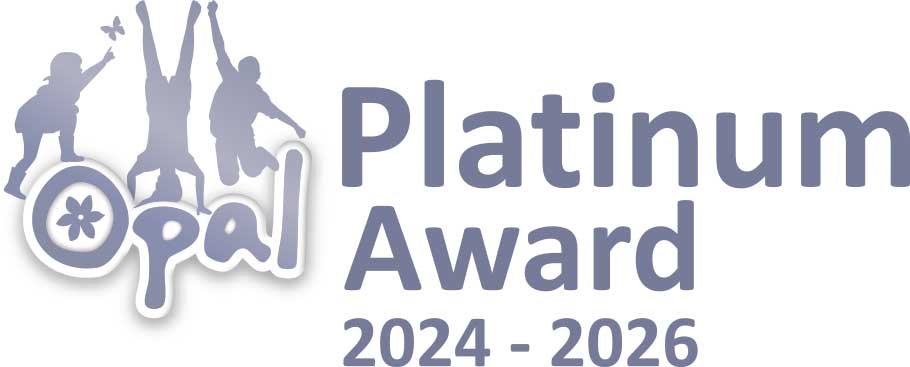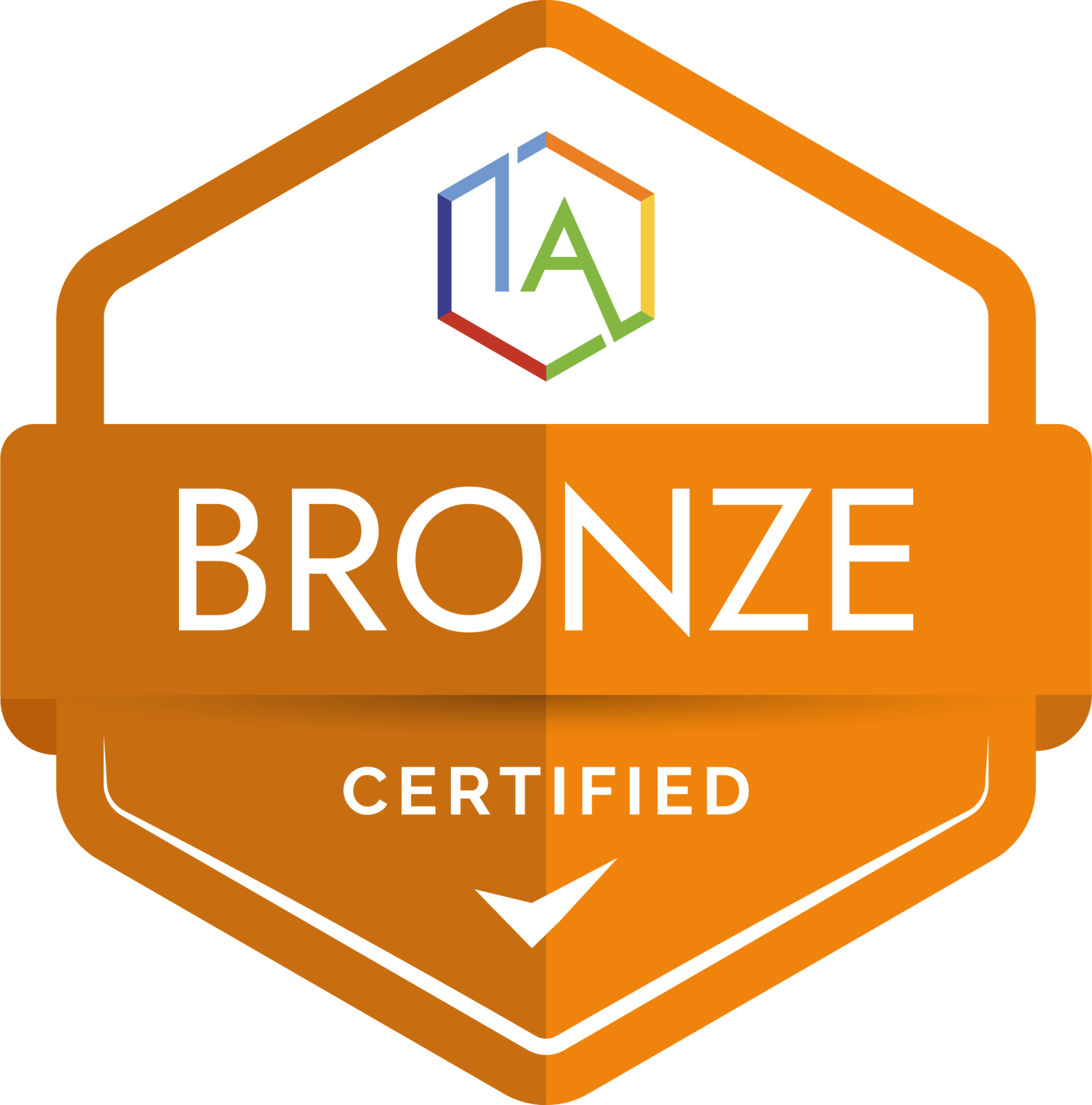MATHS AT JOSEPH CASH

Overview
Intent:
Here at Joseph Cash, we recognise that mathematics is a fundamental part of daily life that underpins the skills required in many other curriculum areas as well as in the wider world. We aim to build citizens of the future who are resilient, confident mathematicians with a deep and secure understanding that they can draw upon throughout their life.
Curriculum Organisation:
There are a number of key components which make up our maths curriculum, which you can find more details on in the sections below. These are:
- Power Maths: Our main maths curriculum, built on mastery foundations.
- Rock Star Word Tour: A focus on times tables and key skills using Times Table Rock Stars.
- MOT: Regular retrieval practice and opportunities for pre-teach or consolidation of topics.
- School Jam: Personalised practice for KS1.
- Maths Flex: Personalised Practice for KS2.
Power Maths
An Introduction to Power Maths:
Teaching Model
Implementing a whole class approach
Power Maths is designed to be a wholly inclusive programme, which learners can access at a variety of levels and with practical resources to support. There are also suggestions for differentiation within each lesson on the website.
If you have any pupils working two-years or more below ARE who cannot access this, it is recommended that you differentiate as you usually would. Ideally, pupils would sit through the anchor task and discussion to be exposed to the higher-level maths-talk, before working on differentiated tasks within the same topic area – you can use textbooks and PM resources from previous year groups to support this. Use your teacher judgement and if you need any support with this, please speak to your maths lead.
Structures and representations
Effective practice
Maths talk
Calculation Policies
Marking and Feedback
During journaling time, you (and your TA if possible) should make your away around the classroom discussing learning and live marking journals. This is the time to address misconceptions and support and stretch learners through your use of questioning, for example, “I like what you did there – what would happen if…?” “Would that still be true if….?” “Can you show me what would happen if…?”. There is a list of questions later in this section that will support you with developing your questioning.
Journals and workbooks only need to be light marked (ticks are usually sufficient) and should be done in orange pen, but misconceptions should be addressed either through a comment, and impact slip or through review later in the day or prior to the next lesson. Workbook answers are provided on the PM website.
Presentation Expectations
TTRS and World Tour
Each class from Year 1 to Year 6 has a Rock Star World Tour folder. Pupils work through the skills on their personal tracker through regular weekly practice and testing. Those on times tables use TTRS to complete their tests. See TTRS PDF below for more details on how to use the site.
How to carry out the TTRS baseline test online:
There are some steps you need to carry out as the teacher before asking pupils to complete their baseline. It is best to do this right before you want pupils to complete the test, as once you have set it up and pupils log in, they will have the option to take the test on their home screen. If you do this the day before for example, they might do the test at home when they are not fully focused.
1. Login to your teacher account on TTRS.
2. Click 'Stats' from the menu on the left and click on your class.
4. Click on 'auto-training results' from the horizontal menu then select all pupils by clicking the tick box by the names.
5. Click 'fast-forward to next Gig'.
6. Get pupils to log in and to click 'Play Gig' on their games homepage.
7. Once pupils have completed the baseline, go back to auto-training results on your teacher account, make sure it has refreshed and download the CSV file. Keep one copy in your World Tour folder and email a copy to Laura H.
Click here to download the Times Table of the Week PowerPoint.
Click here to download and print a World Tour folder cover
Click here to download and print World Tour tracker grids
MOTs
Each week, MOT sessions must include as a minimum:
- 1 x Key Skills Session (See Key Skills section)
- 2 x Times Tables Grid (Years 3-6)
In addition to this, sessions should include reviews of topics already taught (in previous year groups /earlier in the year of their current year group), consolidation of a topic recently completed, pre-teach of some key skills needed for an upcoming topic or a focus chosen by the teacher which needs reviewing or covering prior to the lesson being taught.
MOTs should be completed in the light blue 'Mind Workout' maths books. These should be used like a maths magpie book for pupil to make jottings and do their working out during MOT sessions. These do not need to be marked by staff but may be useful as extra evidence when completing assessments.
Maths Flex (KS2)

Maths Flex is a next-generation intelligent maths practice service for KS2 that uses instant adaptive learning through powerful software for same-day intervention, combined with mastery approaches and whole-class teaching to support time saving and effective pupil progress.
Artificial Intelligence software from our partners, Century Tech, uses White Rose Maths* small-steps approach as the basis for setting highly personalised, individual practice. The AI constantly adapts to the pupil’s own strengths and weaknesses helping you to manage the wide range of abilities in your class whilst almost eliminating the time required to set practice.
Powerful reporting gives you an overview of class progress, including highlighting those in need of stretch and intervention, informing your decisions on what to teach next. Watch this video to find out more:
'How to...' videos:
School Jam (R&KS1)
 School Jam is a Reception and KS1 maths practice programme, designed to be used alongside Power Maths, that allows teachers to simply send home weekly, fun, easy-to-use maths activities.
School Jam is a Reception and KS1 maths practice programme, designed to be used alongside Power Maths, that allows teachers to simply send home weekly, fun, easy-to-use maths activities.
Perfectly aligned to the updated White Rose Maths schemes of learning (version 3.0) and Power Maths lessons, it helps build maths confidence, foster parental engagement and optimise children's progress.
With School Jam, teachers can send parents quick, fun activities for to do with their Reception and Key Stage 1 children, directly linked to the maths they are learning at school. School Jam helps to optimise children's progress while building maths confidence.
School Jam is managed in ActiveLearn Primary. You can access it from the Power Maths page using the filters.
You can preview all the activities and maths help videos that children and parents will see.
Send activities to parents
Send activities to pupils once a week or on dates that match your teaching. Parents and children can then access these via the Pupil World.
Parents access the activities
Schools are provided with ready-made letters to print and send to parents. Teachers allocate the activities to children or the whole class. Children and their parents go into the Pupil World and there are short activities to play together with their children, and maths help videos linked to what their child is learning.
Click here to preview some of the activities
Click here to download the School Jam Curriculum matching chart.
Assessment
???














